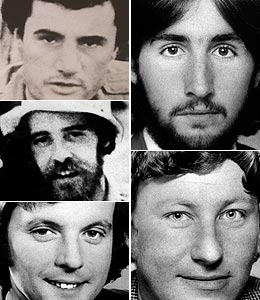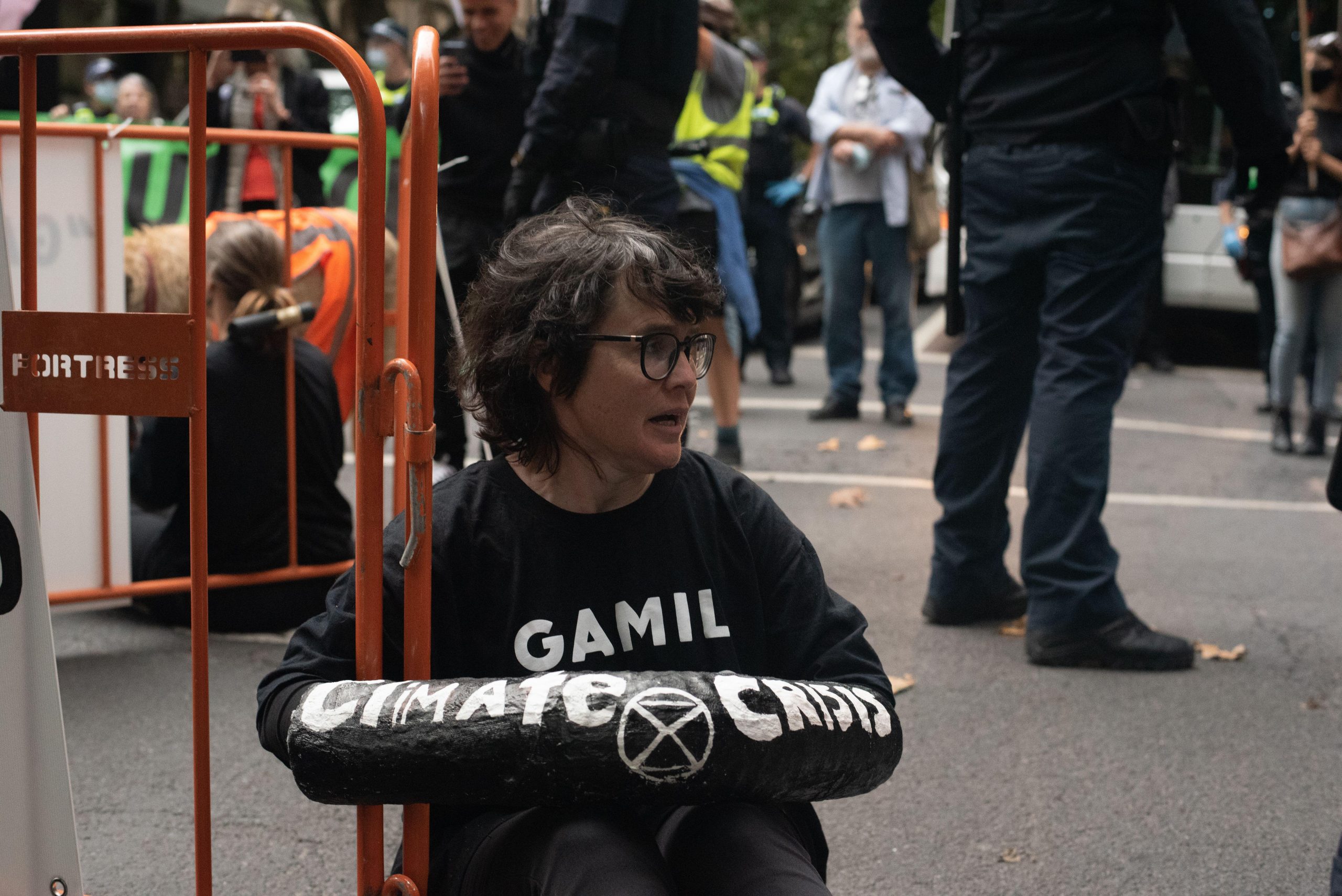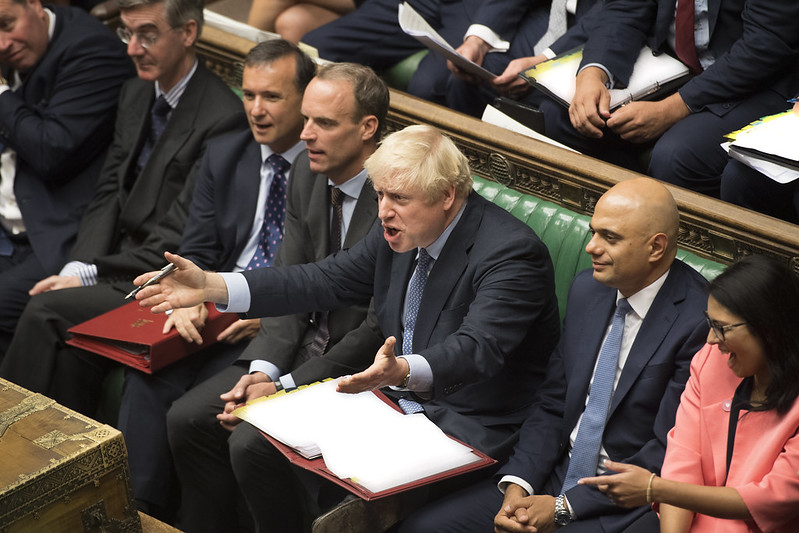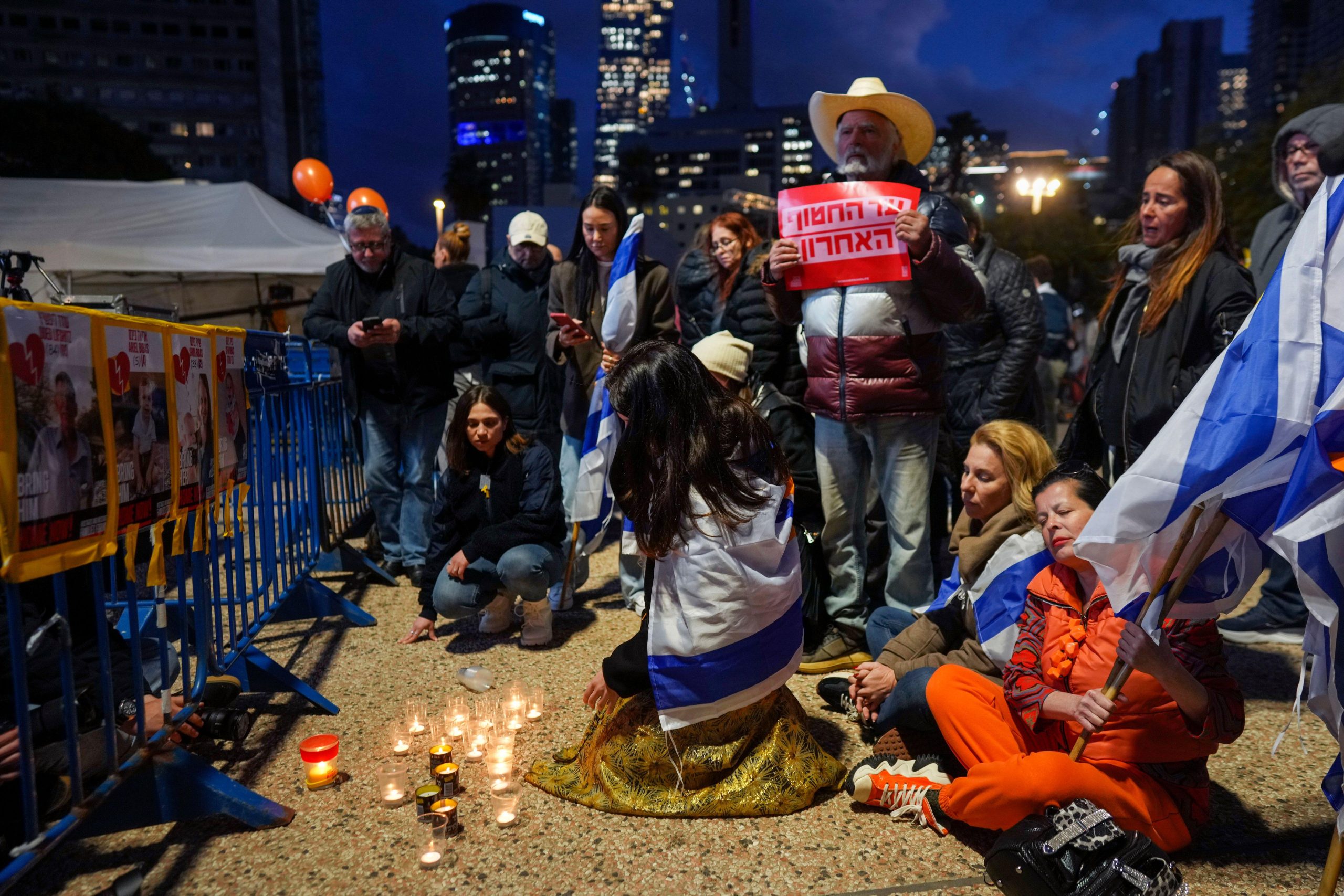 A forthcoming film about slain Australian journalists is causing a stir in Jakarta, writes David Jardine
A forthcoming film about slain Australian journalists is causing a stir in Jakarta, writes David Jardine
The announcement of the coming production of a film about the Balibo Five, the Western journalists allegedly executed by the Indonesian military in 1975, has elicited an equivocal response from the Indonesian foreign ministry. Indonesia has long tried to bury the story but it has remained on the radar, particularly in Australia, due to the stubborn persistence of relatives of the dead men.
Indonesia’s foreign ministry has said that the film Balibo, which will star Australian-born star Anthony LaPaglia, should include the Indonesian official point of view.
The five men were killed in East Timor in 1975 at the time of the Indonesian military invasion of the former Portuguese colony, which then underwent a 23-year occupation that cost the lives of some 250,000 East Timorese. The newsmen’s bodies were burned in a clear attempt to hide the evidence.
The Australian government long denied having any prior knowledge of the impending attack or that the men from an Australian television station were in harm’s way. This story was permanently rubbished in 2000 with the release of Foreign Affairs files by Canberra.
The incident is, of course, just one of very many involving atrocities carried out by the Indonesian military, TNI.
In 2006 several films were pulled from the schedule of the Jakarta Film Festival including one dealing with East Timor. Home Affairs ministry pressure had apparently been applied.
In view of the fact that as recently as November 2007 the Indonesian government declared the Balibo incident a ‘closed case’ it is very likely that the new film, which is under production in Darwin, will be banned here. It remains impossible to show the Yorkshire Television documentary that covered the 1991 Santa Cruz cemetery massacre in Dili, East Timor in which dozens of unarmed protestors were cut down by TNI.
Equally, there are powerful voices in the Indonesian government ready to block any and all investigations into military abuses. As recently as April, Defence Minister Juwono Sudarsono advised former TNI head General (ret.) Wiranto not to answer a summons by the National Human Rights Commission investigating abuses on his watch.
Thorough investigations of East Timor-related TNI atrocities are rendered the more difficult by the Timor-Leste government’s willingness to close the book on the events prior to and after the 1998 independence referendum when pro-Jakarta militia and its sponsors in TNI ran amok in an orgy of killing, looting and arson.
Several attempts by this writer to have articles relating to the official Indonesian financing of the militias published have been snubbed by the English-language press in Jakarta. East Timor-related matters have largely been consigned to the black hole.





